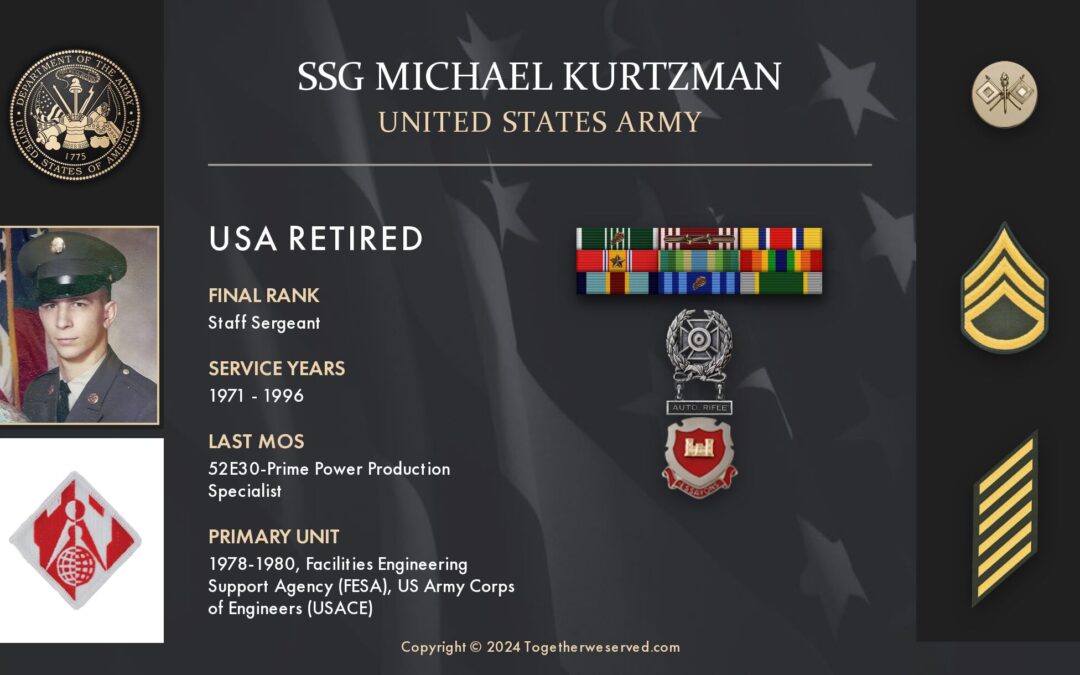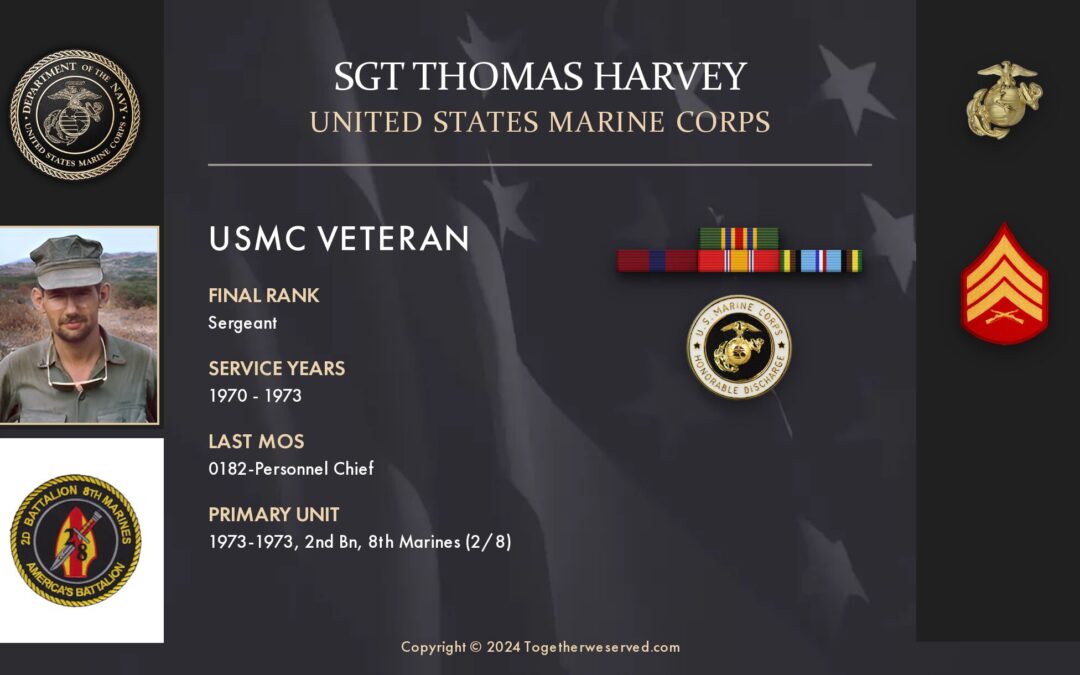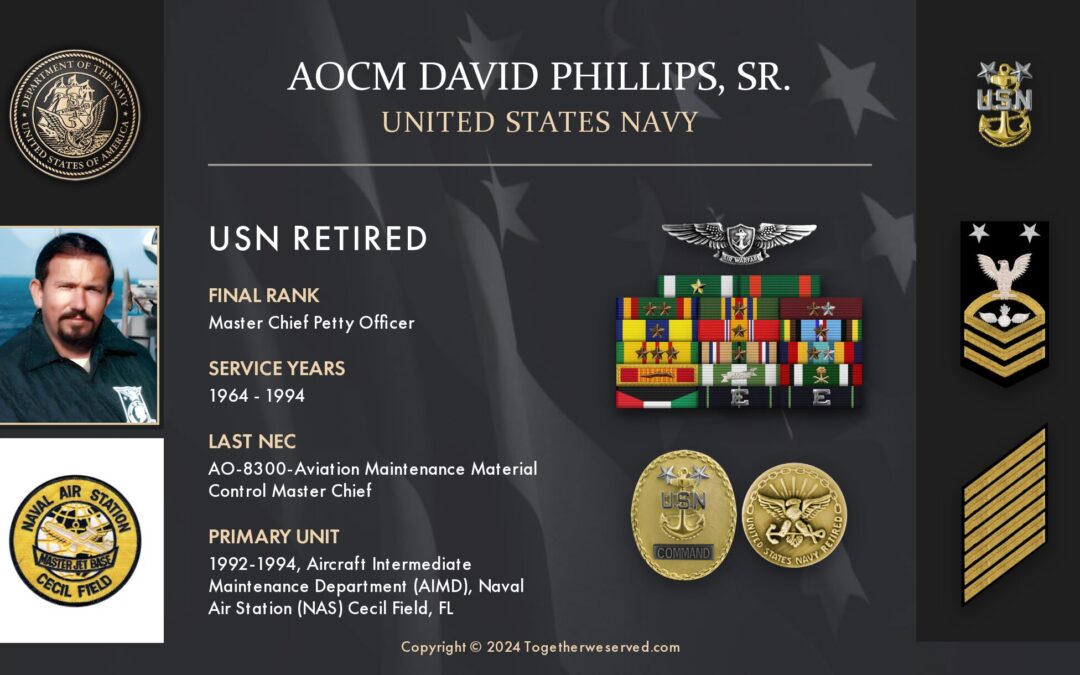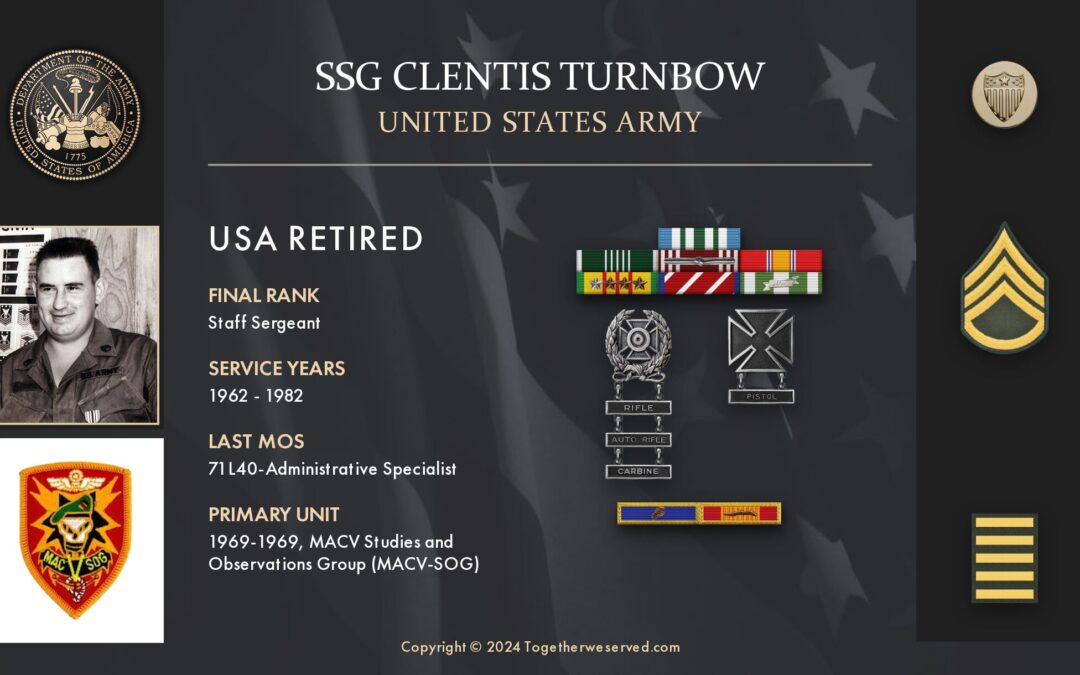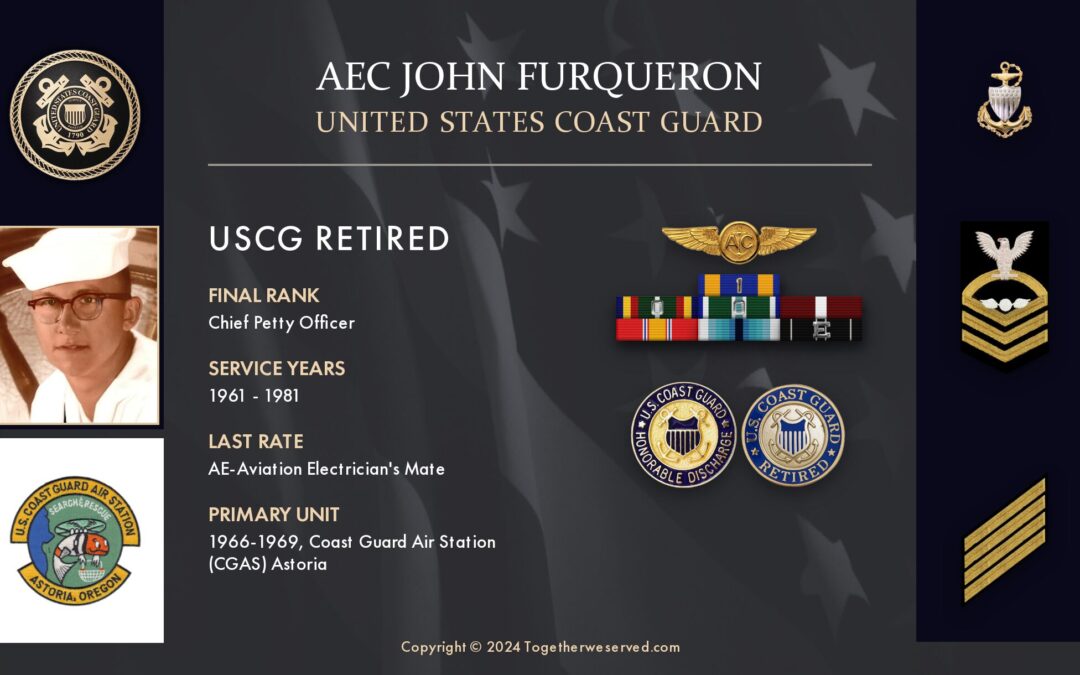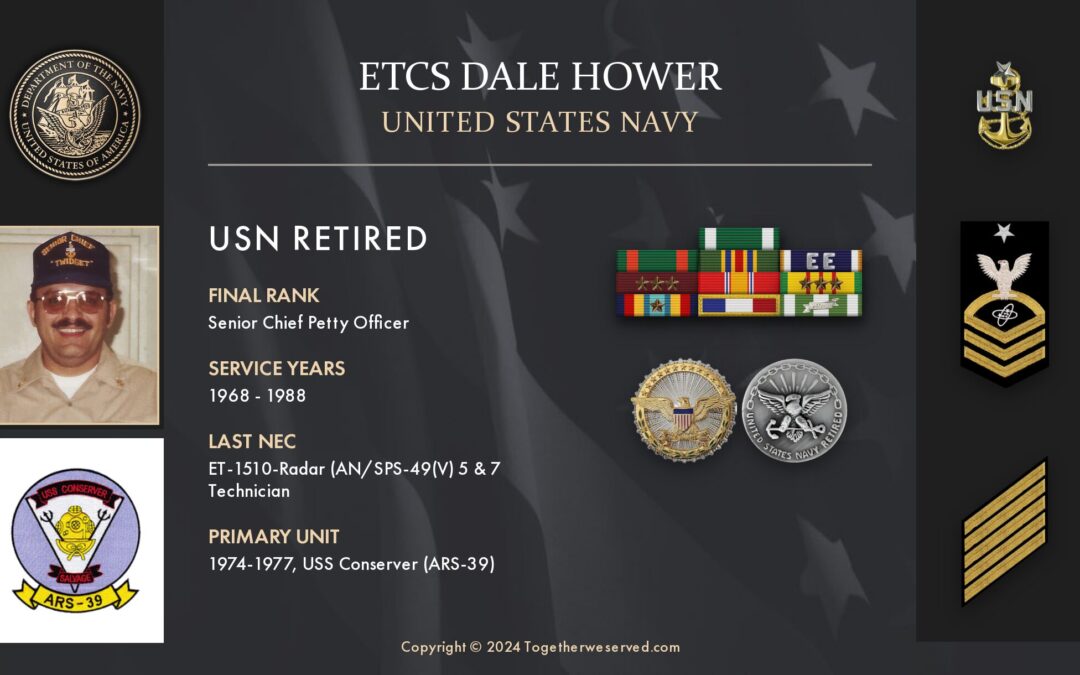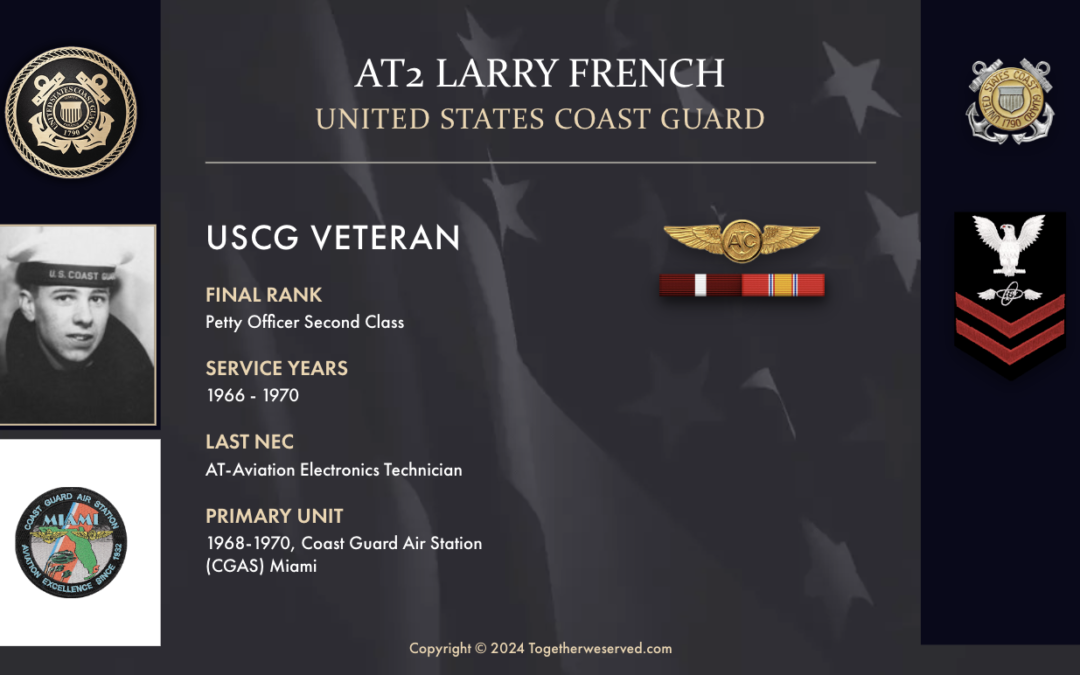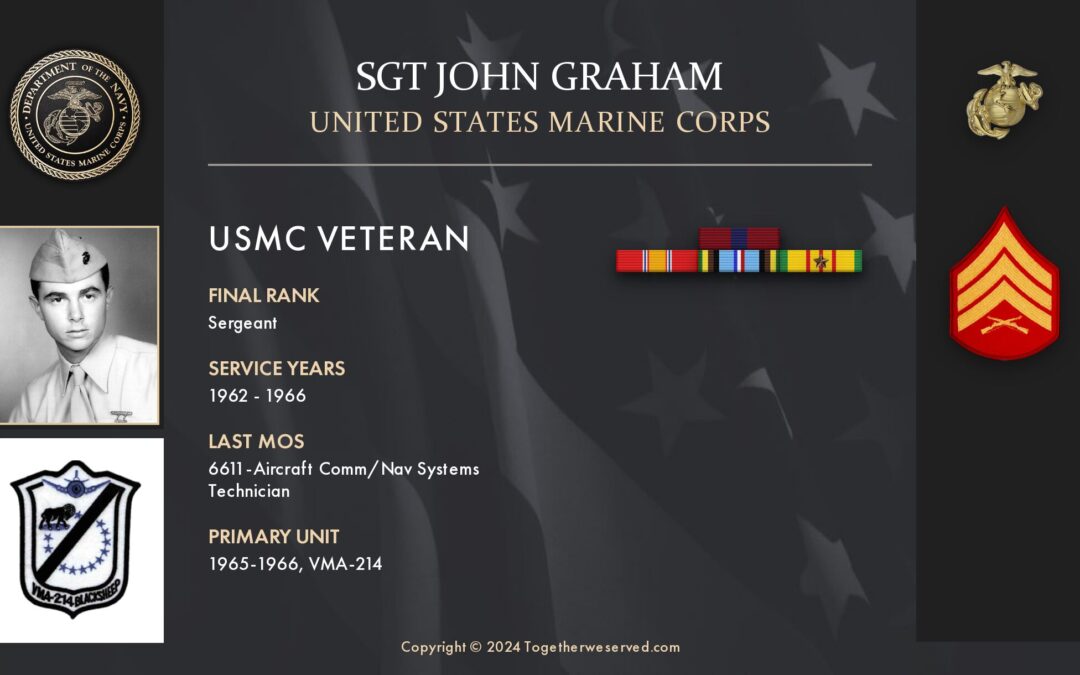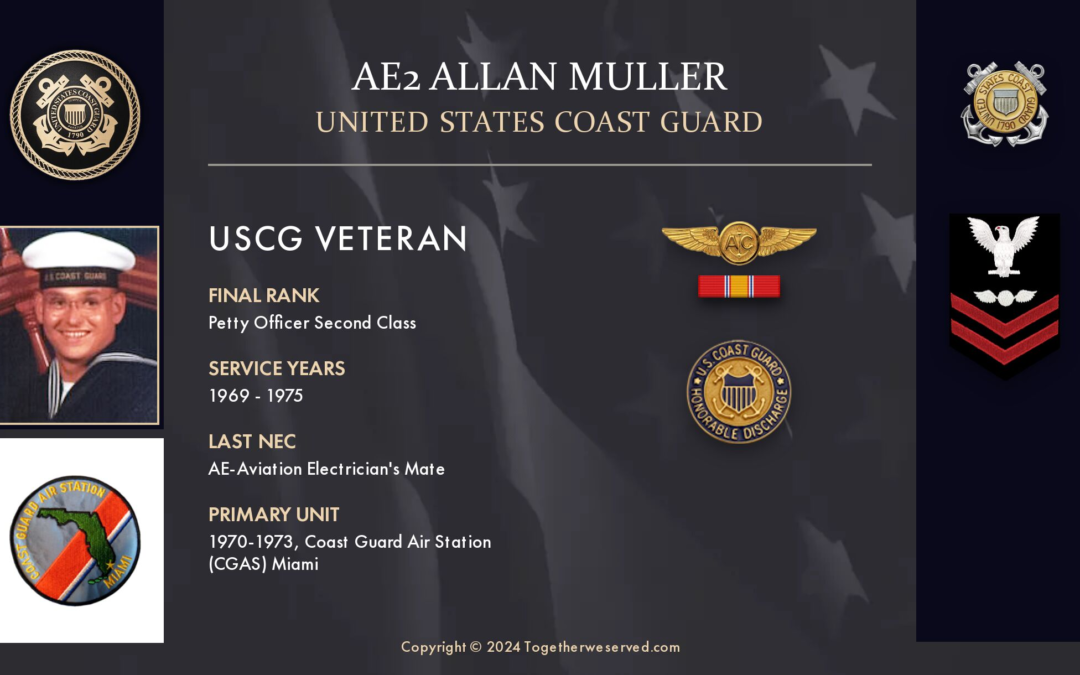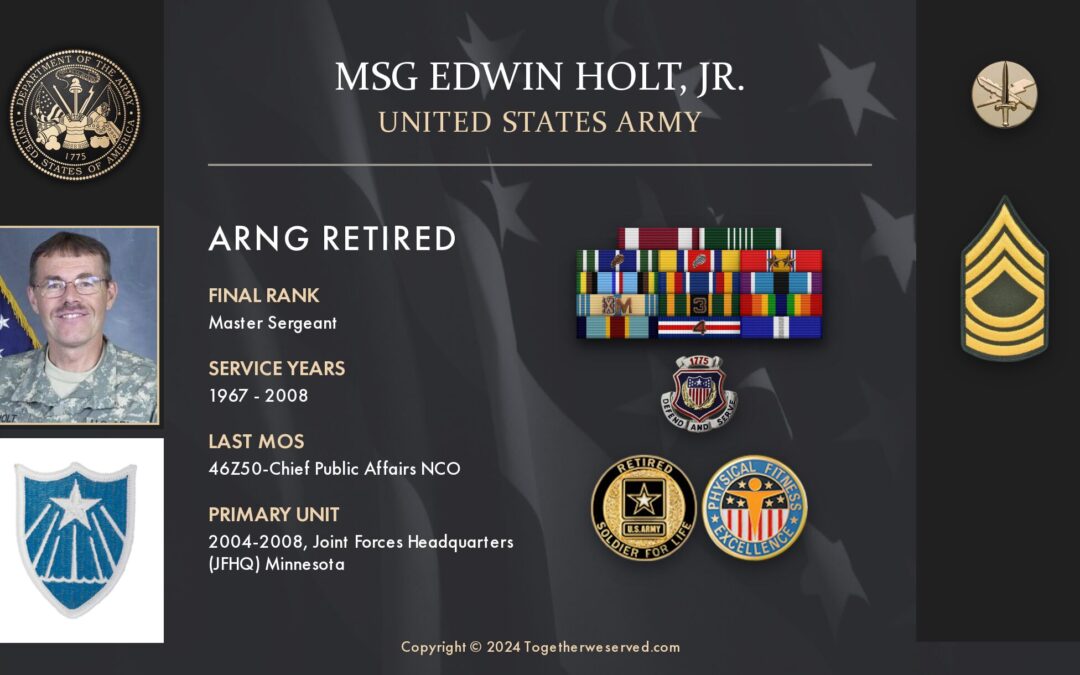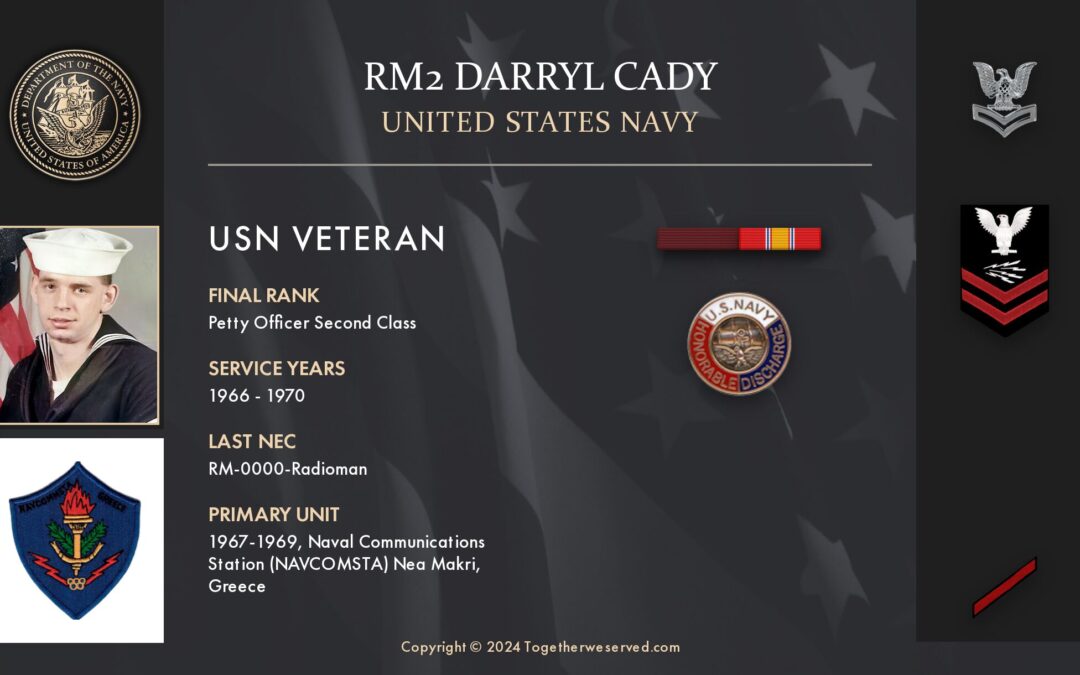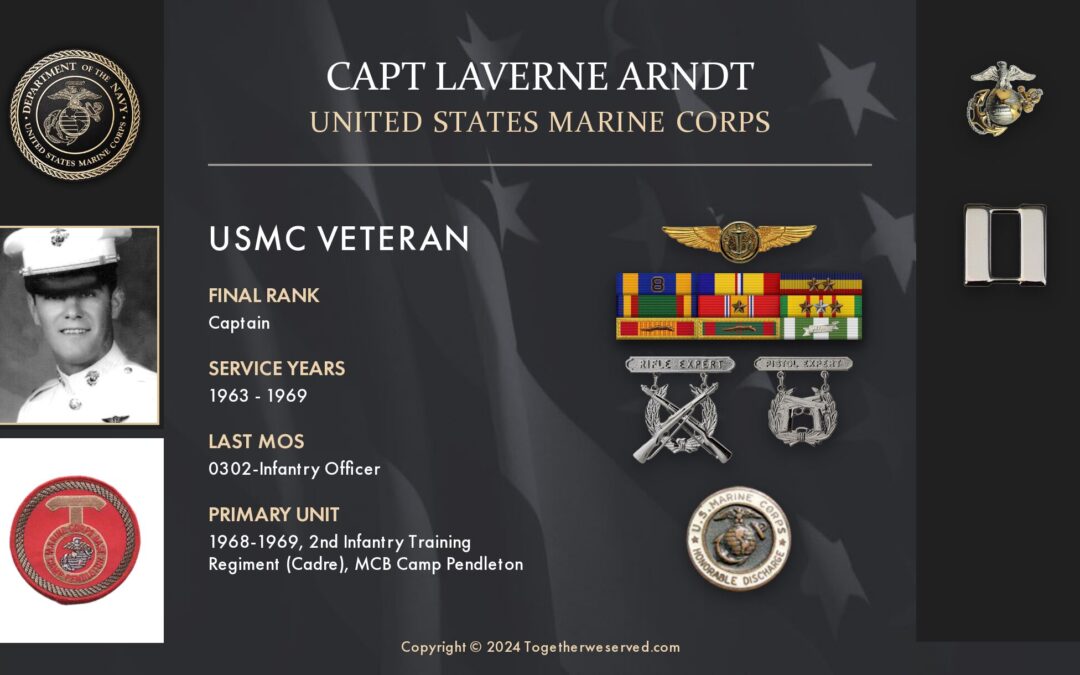My first look at the military was with an Air National Guard Unit in Mansfield, Ohio. It looked very promising and in an area that interested me (computer programming). They showed me the computer and how it requires to be programmed (wires). But the reason that I didn’t choose to go this route was that they wanted me to cut my hair (still attending OSU) just for a photo. It was still over six months until I would enter basic. I couldn’t let my hair go.
The military draft lottery drawing held August 5, 1971, to determine the order in which men born in 1952 were called to report for induction into the military.
The highest lottery number called for this group (year) was 95; all men assigned that lottery number or any lower number, and who were classified 1-A or 1-A-O (available for military service), were called to report for possible induction. My draft number was 17. I was also classified as 1-A.
26 August 1971 I signed my enlistment contract for delayed entry into the US Army. I enlisted for four years which got me my choice of military occupational specialty (MOS) and where I wanted to be stationed. My choice for MOS was communications, specifically Communication center specialist. My choice of where I was to be located was Europe. It also meant that I entered active duty as an E-2.
